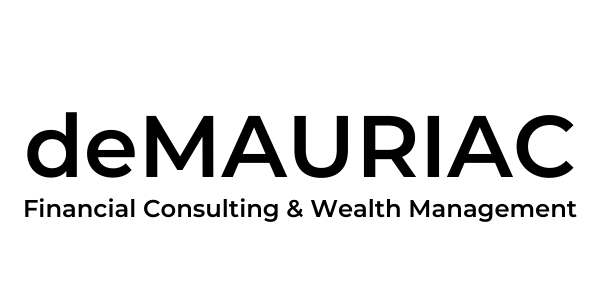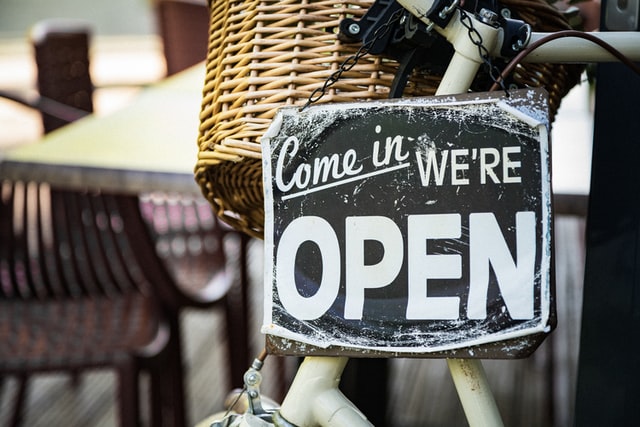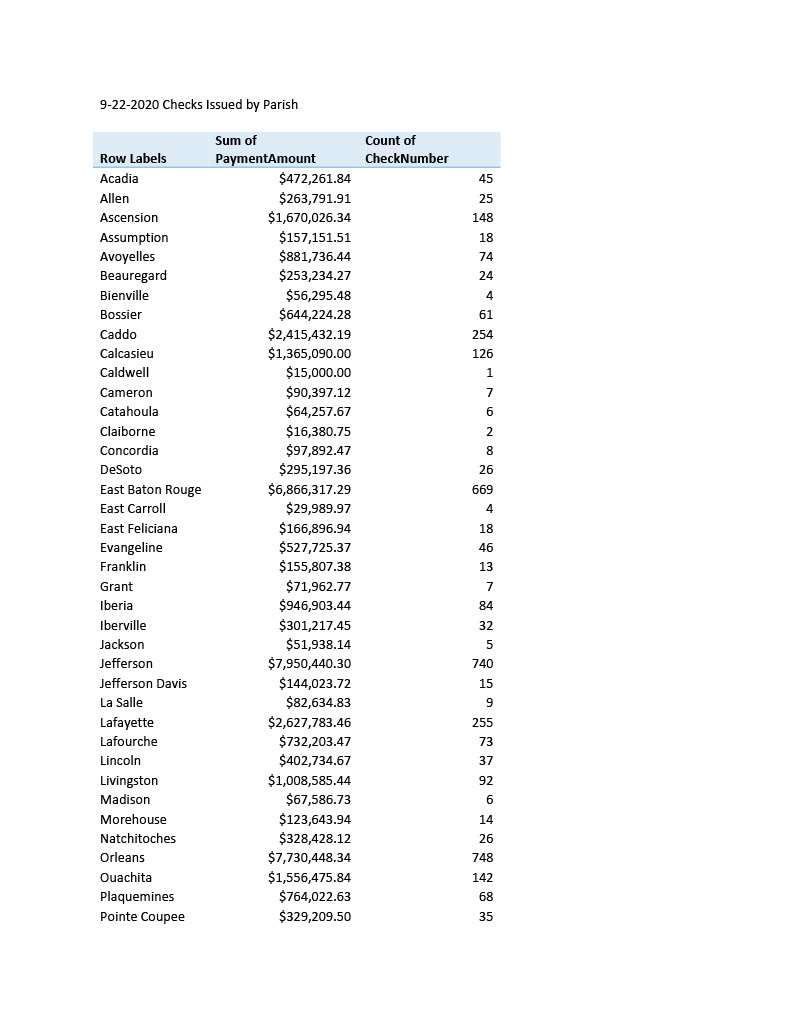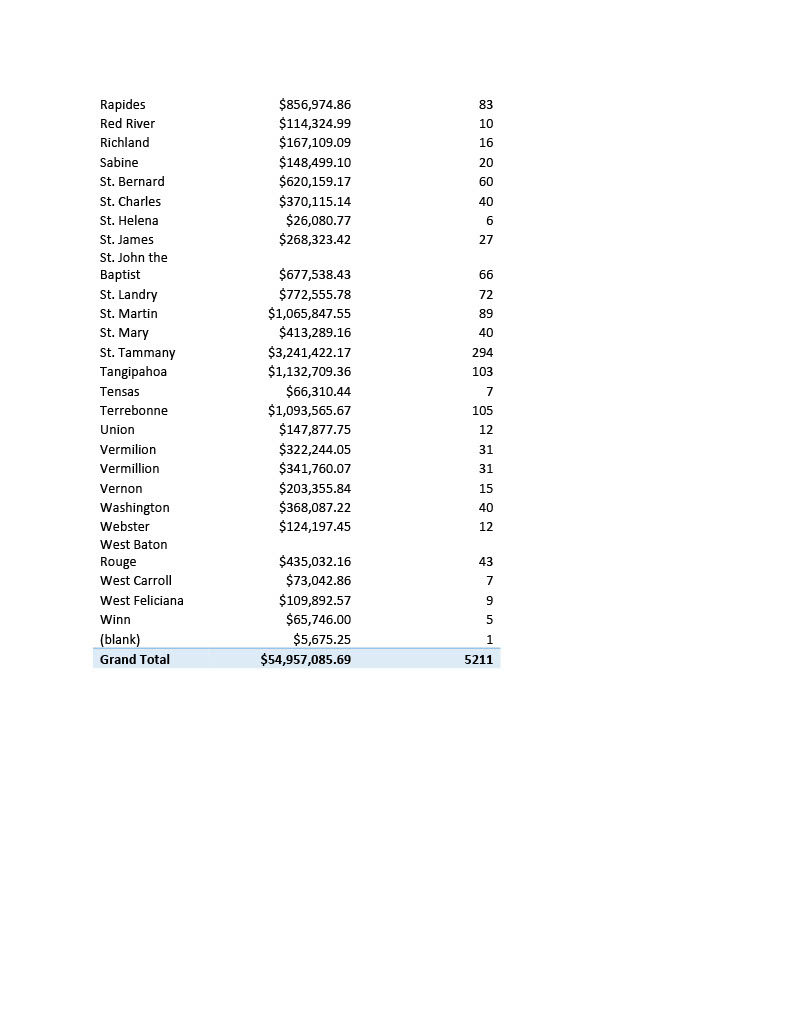A Quick Recap: What is the Main Street Recovery Grant Program?
The Main Street Recovery Grant Program was initially announced by State Treasurer John M. Schroder on July 1st, 2020 as a lifeline for small businesses in Louisiana. In the first 21 days of the program, grants were to be given to businesses who didn’t receive a Paycheck Protection Program loan, insurance payment or an Economic Injury Disaster loan. In the first 60 days, $40 million was to be disbursed to businesses owned by women, minorities and veterans.
Postlethwaite & Netterville, which is the largest Louisiana-based CPA firm, was to serve as the program administrator to take applications, run a customer contact center, help small businesses complete applications, and help with statewide outreach. “Main Street will deliver grants to businesses who need them the most,” said State Treasurer John M. Schroder.
What Does A Main Street Recovery Grant Cover?
Main Street offers two grant options:
1) Quick Relief
2) Itemized Cost Reimbursement
Both now offering grants of up to $15,000 to qualifying businesses who can show eligible normal operating expenses related to the pandemic. Businesses who have received federal assistance will need to show expenses greater than those amounts received to obtain Main Street Recovery funds. Here is a link to costs that are covered and business eligibility requirements. In order to receive funding, you must submit receipts for costs incurred to be considered for reimbursement.
Known Road Blocks Still Remain
As I mentioned a few weeks ago: a lifeline is only good for those who can reach it. If funds aren't getting to those who need them in a timely, efficient manner, then it's not a lifeline. It's a rope lying dead in the water, adjacent to those who have already drowned.
1) Many women-, minority- and veteran-owned businesses were unaware of the grant option in the first place until the window opened up for all to be considered for funding in August (missing the exclusive window for those who had not yet received other federal or PPP funding).
2) Many business owners have found the need to itemize and submit receipts for extra COVID-related expenses to be a cumbersome process and have opted not to apply, citing issues such as a lack of business funds to spend on goods that could possibly be approved for reimbursement. Many have also cited frustration that receiving federal assistance by loan (Paycheck Protection Program loan or an Economic Injury Disaster loan) could prevent a business owner from qualifying for grant money, unless able to prove expenses exceeding loan amounts.
3) Some business owners selected the Quick Relief option in the hopes that requesting a lower benefit amount may get approved more quickly. That said, of those business owners I have spoken to who selected Quick Relief, the response time has still been around 4-6 weeks just to receive communication that a business owner is in "eligibility review." I've yet to speak with anyone who has received a check in hand from this program, however, below I've outlined the public records reports provided by the Treasurer's office regarding who has benefitted from the program thus far.
An Update By The Numbers
Administrative Expenses
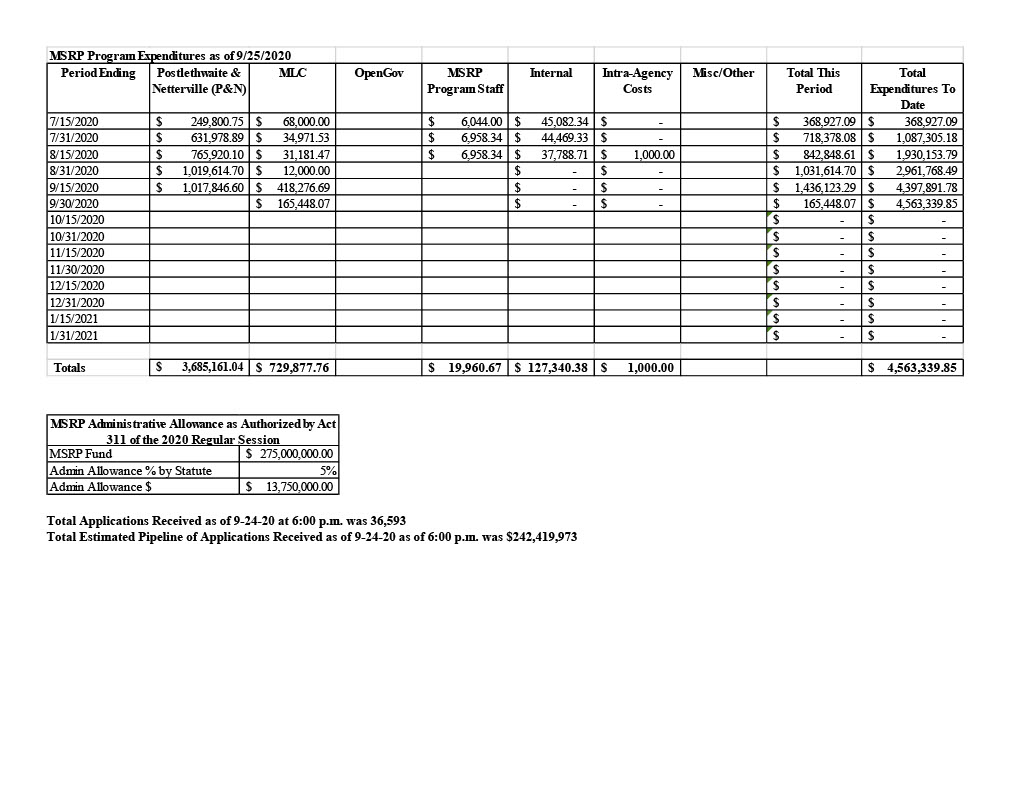
Application Tracking
-(5)1024_1.jpg)
Grant Awards By Parish
-(5)1024_2.jpg)
Checks Issued By Parish
What Happens to Funds That Are Not Allocated to Small Business Owners
According to the senate bill (which you can read in its entirety here), the original dollar amount allotted was 300 million. From the initial amount deposited into and credited to the Allocation 20 Fund, one-half of one percent was to be available "for appropriation to GOHSEP 21 to be used for administering the program." Another one-half of one percent was to be available to the legislative auditor for the costs of reviewing the program.
In addition, up to five percent of the money initially deposited in the Recovery Fund "shall be appropriated to the treasurer for use in the Fiscal Years 2020 and 2021 to develop procedures for the administration of and for the costs of administering" the program. "Such expenses may include costs for the treasurer and the legislative auditor for work performed in execution of the program." The treasurer may also enter into a consulting services contract as an emergency procurement, to expedite the distribution of funds and the cost shall be an administrative expense of the fund.
According to the fund documents, "any unobligated balance in the fund on December 1, 2020 shall be transferred to the State Coronavirus Relief Fund," in which the treasurer is authorized and directed to transfer any unobligated funds to be used by the state, for "the purpose of providing monies to local government units, eligible businesses, or the state."
States cannot file for bankruptcy like businesses can (if we could, Louisiana probably would have done so many times over already). States are legally required to balance their budgets. Anyone who is a resident of Louisiana knows that this has been a chronic problem for the state of Louisiana in the past and COVID-19 state budget shortfalls could be the largest on record. This use of "unobligated funds" beginning on December 1st, 2020, leads me to believe that it would be to the state's advantage to delay distribution to individual business owners in a thinly veiled attempt to shore up the state's budget at the expense of small women-, minority- and veteran-owned businesses.
What Does It All Mean?
As of September 25th, the Louisiana Main Street Recovery Program stated that of 33,395 applications, 5,211 checks have been sent.
My questions for the Louisiana Main Street Recovery Grant Program were (and continue to be) the following:
1) Are you using this program as a means to shore the state's budget or as an effective way to assist women-, minority- and veteran-owned small business owners during a global crisis?
2) What efforts are being made to ensure that those who have applied can qualify and receive grant funding before the December timeline in which remaining funds appear to be diverted back to the state?
3) What is the process and timeline for screening/approving applications, and how is that being communicated to applicants, aside from a general web portal in which applicants can log in and see that their applications are still sitting in "eligibility review," with no visible time frame? How frequent will communication be to let them know if they've been approved or denied, or if additional documentation is needed? As of right now, there does not appear to be a time line that is openly or transparently communicated with applicants.
If you are a business owner who has applied for the Main Street Recovery Grant Program, I'm curious about your experience. Please consider completing this brief survey (it is anonymous, though you have the option to include contact information at the end if you'd like updates). Please feel free to share with your networks. My ultimate goals are to determine who has successfully received funding from this program, and to make sure that those business owners who need it most actually receive grant funding in a timely manner.
Sources:
1. Louisiana Main Street Recovery Grant Program. www.louisianamainstreet.com
2. Office of Louisiana State Treasurer, John M Schroder.
